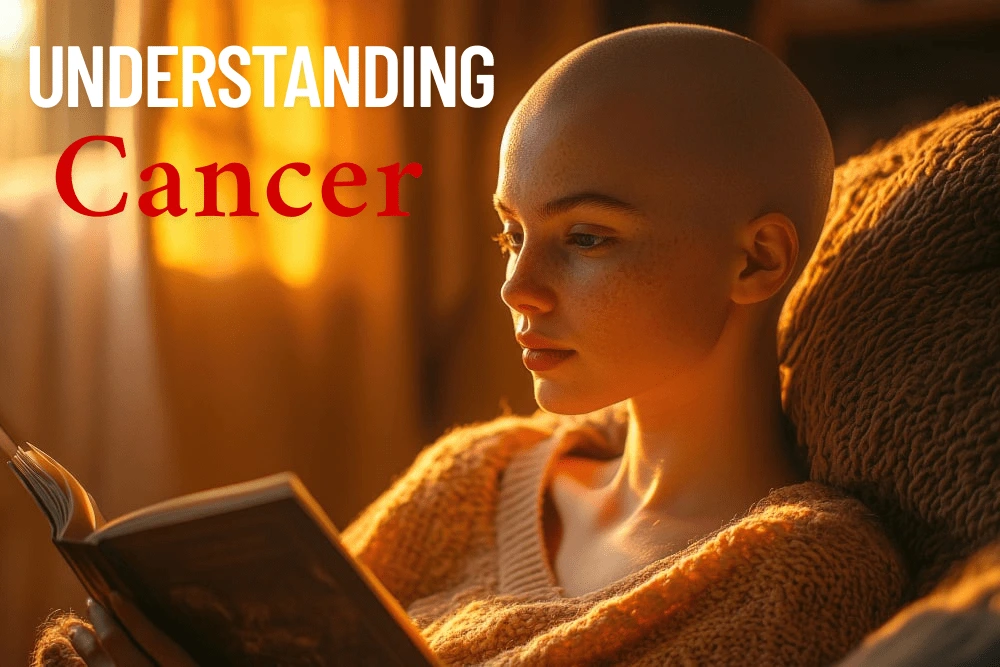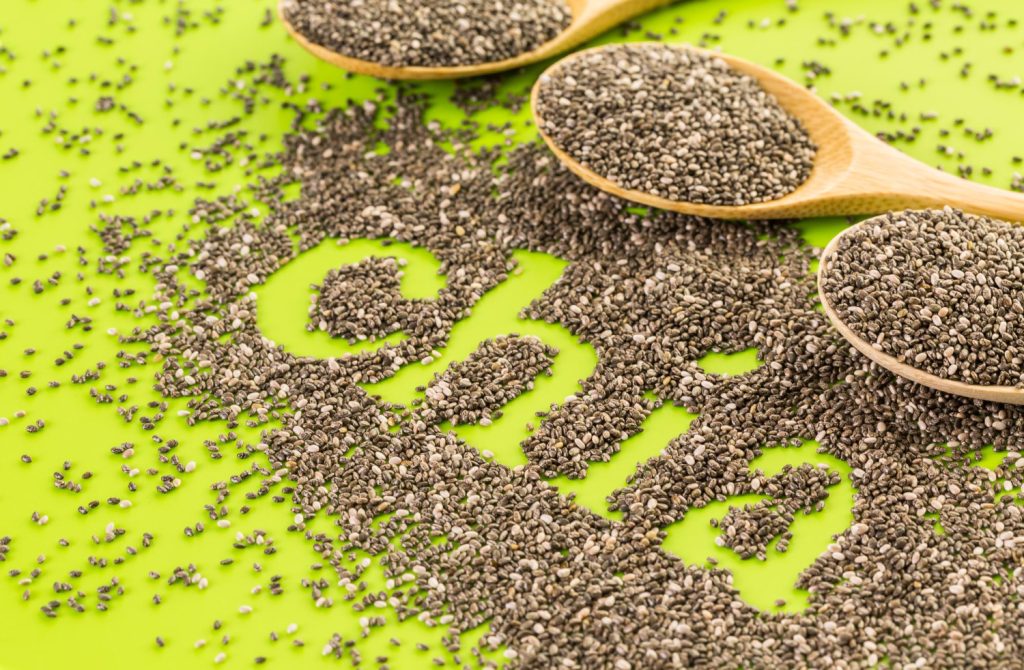Cancer. It’s a word that can stir up fear, confusion, and deep concern. Every year, it affects millions of people around the world—touching lives no matter the age, gender, or background. But what is cancer, really? What causes it, how can it be treated, and—most importantly—can it be prevented?
Here’s the truth: cancer is not the end. In many cases, it can be the beginning of a new journey—one of strength, awareness, and healing. With early detection, proper treatment, and lifestyle changes, many types of cancer can be managed, treated, and even cured. Taking action today can lead to a healthier tomorrow.
In this post, we’ll break down the basics of cancer in simple, clear language to help you better understand the disease—and what you can do to protect your health.
What Is Cancer?
Cancer is a disease that begins when abnormal cells in the body start to grow out of control. Normally, our cells grow, divide, and die in an orderly way. But in cancer, this process goes wrong. The abnormal cells keep dividing and can form lumps or tumors, invade nearby tissues, and sometimes spread to other parts of the body (a process called metastasis).
There are over 100 different types of cancer, and they are usually named for the part of the body where they start—like breast cancer, lung cancer, or prostate cancer.
What Causes Cancer?
Cancer can be caused by a mix of genetic, environmental, and lifestyle factors. Some common causes include:
- Smoking and tobacco use
- Excessive alcohol consumption
- Poor diet and lack of physical activity
- Radiation and harmful chemicals
- Family history and inherited gene mutations
- Infections (such as HPV or hepatitis)
Not everyone exposed to these risks will develop cancer, but avoiding them can help lower your chances.
Common Signs and Symptoms
Cancer symptoms vary widely depending on the type and stage, but some general warning signs include:
- Unexplained weight loss
- Fatigue that doesn’t go away
- Persistent pain
- Lumps or unusual swelling
- Changes in skin or moles
- Changes in bowel or bladder habits
- Ongoing cough or hoarseness
Early detection saves lives. If something feels off in your body, don’t ignore it—talk to your doctor.
How Is Cancer Diagnosed?
Doctors use several tools to detect cancer, including:
- Blood tests
- Imaging scans (like MRI, CT, or X-rays)
- Biopsies (removing a small tissue sample to examine under a microscope)
- Genetic testing (in some cases)
Regular screening tests—like mammograms, colonoscopies, and Pap smears—can catch cancer early, even before symptoms appear.
How Is Cancer Treated?
Cancer treatment depends on the type, stage, and location of the cancer, as well as the patient’s overall health. Common treatments include:
- Surgery – removing tumors or cancerous tissue
- Chemotherapy – using drugs to kill cancer cells
- Radiation therapy – targeting cancer with high-energy rays
- Immunotherapy – helping the immune system fight cancer
- Targeted therapy – attacking specific cancer cell traits
- Hormone therapy – blocking hormones that fuel some cancers
Some people may receive one treatment, while others may need a combination.
Can Cancer Be Prevented?
While not all cancers can be prevented, many cases are linked to lifestyle choices and can be avoided. Here are ways to reduce your risk:
- Don’t smoke or use tobacco
- Eat a balanced, plant-rich diet
- Exercise regularly
- Maintain a healthy weight
- Limit alcohol
- Protect your skin from the sun
- Get vaccinated (HPV and hepatitis B)
- Go for regular health check-ups and screenings
Living With and Beyond Cancer
A cancer diagnosis can be life-changing, but advances in medicine have improved survival rates and quality of life. Many people live full, meaningful lives after treatment. Support from family, friends, healthcare providers, and cancer support groups plays a huge role in healing—both physically and emotionally.
Final Thoughts
Cancer is a complex disease, but it’s not a mystery. The more we understand it, the more power we have to fight it—through prevention, early detection, and proper treatment. Stay informed, take care of your health, and support others on their journey.
Because knowledge is not just power—it’s hope.
Have questions about cancer or want to share your experience? Drop a comment below. Let’s raise awareness together.




Pingback: Fasting: What It Is, Why People Do It, and What Science Says - DIY Live Life
yes
To the point article on cancer. Thanks keep posting
Pingback: How Many Steps Do People Take Per Day — and Is It Enough?